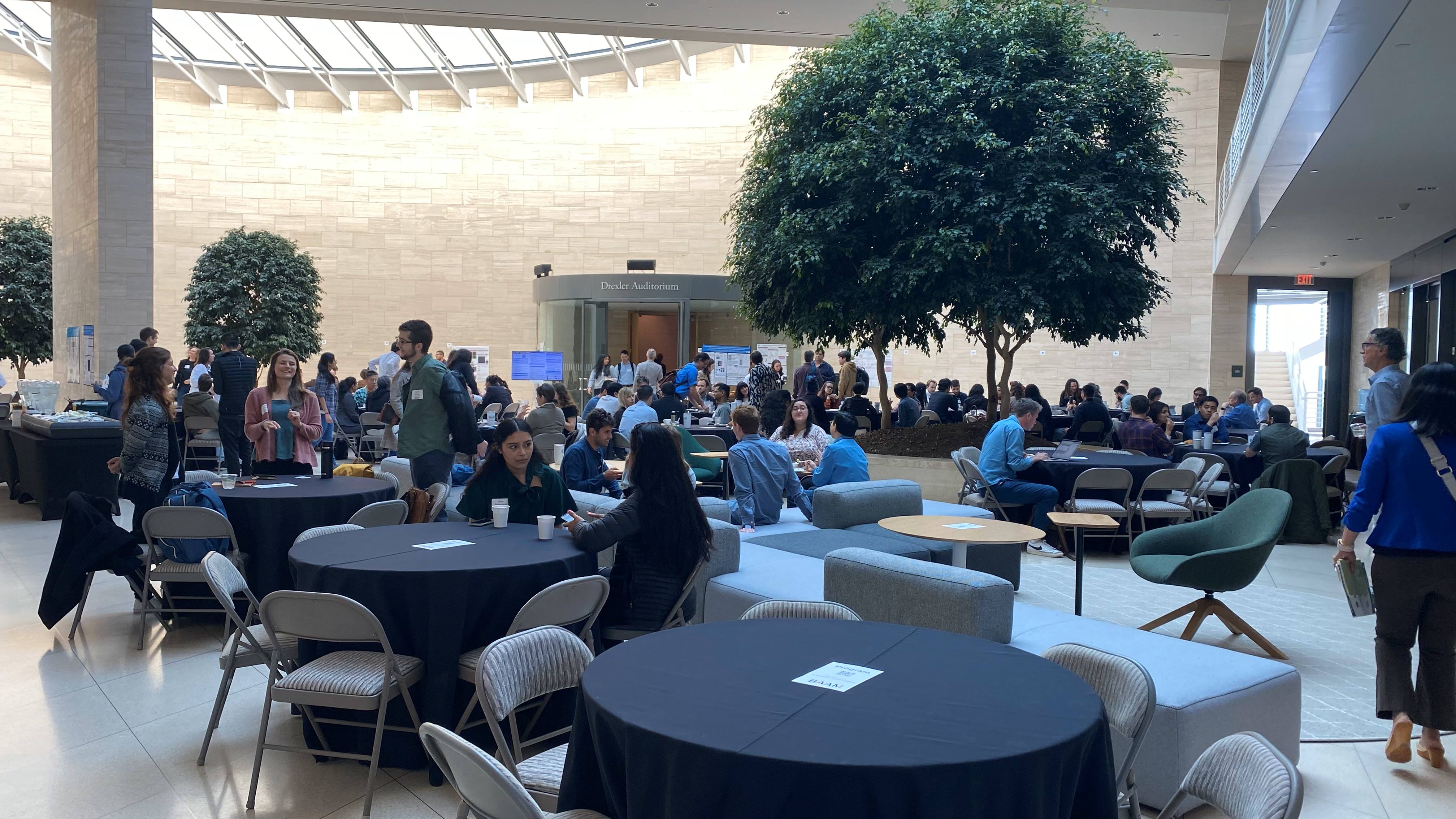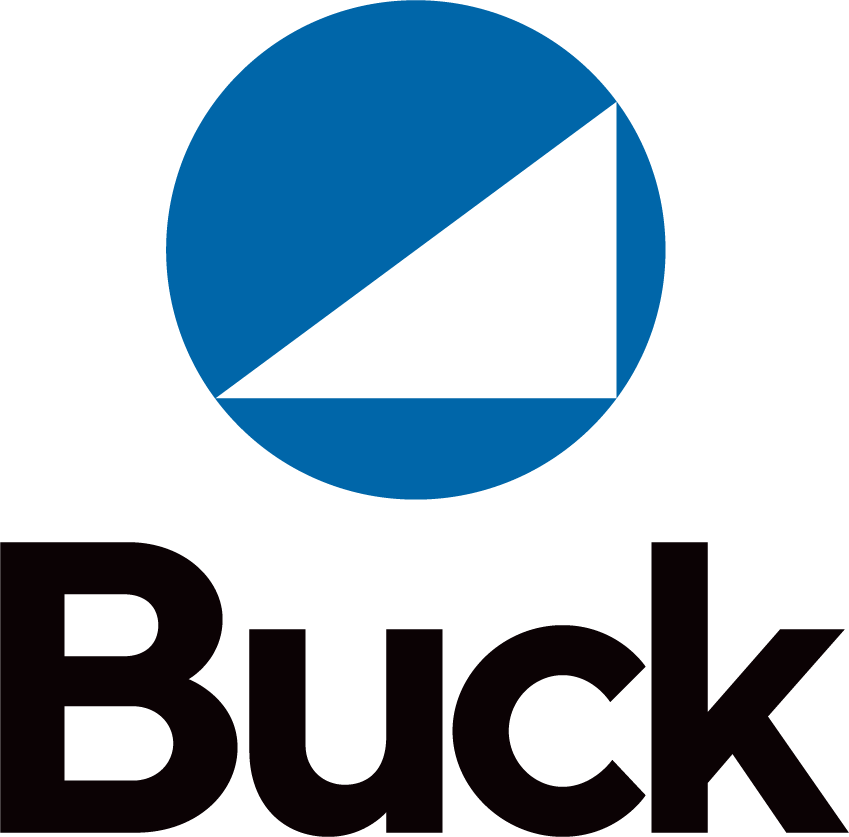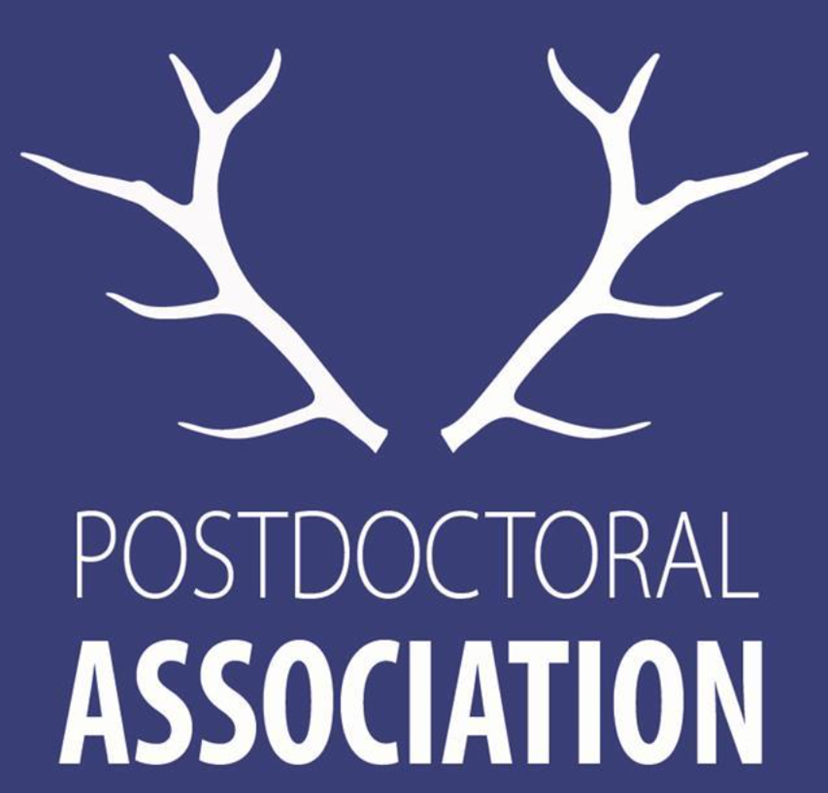VITAL
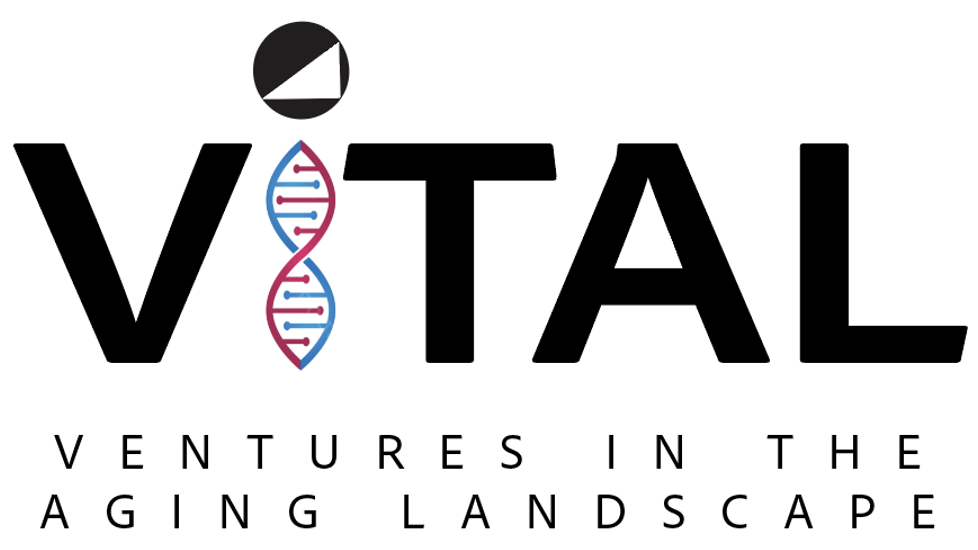 The VITAL Research Symposium is an interdisciplinary event that showcases the latest cutting-edge research conducted by postdoctoral researchers across all disciplines within the Buck Institute for Research on Aging. The VITAL Research Symposium provides an excellent opportunity for scientists and community members to engage with the latest aging research, network with researchers, and participate in thought-provoking discussions.
The VITAL Research Symposium is an interdisciplinary event that showcases the latest cutting-edge research conducted by postdoctoral researchers across all disciplines within the Buck Institute for Research on Aging. The VITAL Research Symposium provides an excellent opportunity for scientists and community members to engage with the latest aging research, network with researchers, and participate in thought-provoking discussions.
The VITAL Research Symposium incorporates sessions for researchers, general audiences, and a panel highlighting alumni paths to successful careers.
We look forward to your participation and hope to see you healthy and VITAL at our next symposium!
Mark your calendars!
This year's VITAL symposium is Wednesday, September 18, 2024
CENTER DETAILS
Agenda for the 2024 meeting coming soon.
Keynote Speaker
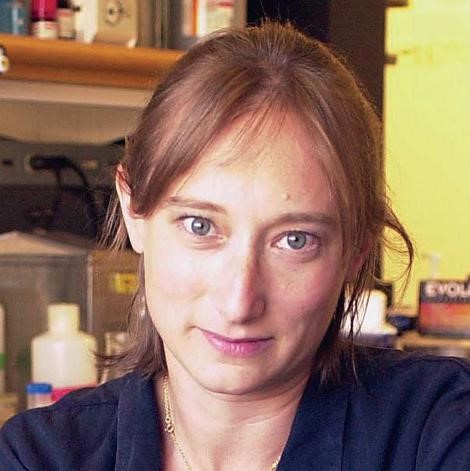 Judith Frydman, PhD
Judith Frydman, PhD
Donald Kennedy Chair in Humanities and Sciences and Professor, Departments of Biology and Genetics,
Stanford University
Biosketch
Judith Frydman grew up in Buenos Aires, Argentina, where she majored in Chemistry and received her PhD in Biochemistry from the University of Buenos Aires. She carried out her postdoctoral training with Ulrich Hartl at the Sloan Kettering Institute in New York, where she had two major contributions to the field of cellular protein folding. First, she discovered that eukaryotic cells have a ring-shaped chaperonin complex, which was termed TRiC and secondly, she established that, unlike what was previously believed based on biophysical experiments, protein folding in in eukaryotic cells occurs cotranslationally as polypeptides emerge from ribosomes during their biosynthesis. Importantly, she showed that distinct molecular chaperones are specifically recruited to bind ribosome-nascent chain complexes to assist cotranslational folding. These fundamental discoveries have shaped current thinking of protein folding in vivo. She is currently the Donald Kennedy Chair in Humanities and Sciences at Stanford University and a professor in the Departments of Biology and Genetics. She is an elected member of the National Academy of Sciences and of the American Academy of Arts and Sciences.
Research Interests
The central theme of Dr. Frydman’s research is to understand how cells maintain a healthy and functional proteome by focusing on biological mechanisms controlling cellular protein folding, aggregation and quality control. Her research has made important contributions to understanding protein homeostasis (proteostasis) in eukaryotic cells. Her lab discovered that distinctly regulated proteostasis networks mediate cotranslational folding and protection of the proteome from proteotoxic stress. She also established the key role of spatial sequestration of misfolded and aggregated proteins in specific membrane-less cellular compartments in proteome quality control and defined how chaperone-dependent pathways cooperate with specific components of the ubiquitin-proteasome system to mediate cytoplasmic and nuclear misfolded protein quality control. Her lab also harnesses these insights to develop therapeutic approaches to ameliorate human diseases including neurodegenerative and viral infectious diseases. Work in the Frydman lab has also identified specific interventions that disfavor the production of toxic protein species; efforts are now focused on the link between aging and loss of cellular robustness.
The alumni panel is organized by the Buck Biotech Group.
-
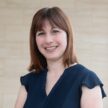 Barbara Bailus Keck Graduate Institute, Claremont Colleges, Assistant Professor
Barbara Bailus Keck Graduate Institute, Claremont Colleges, Assistant ProfessorKGI’s mission is to enrich society with breakthrough approaches to education and translational research in healthcare and the life sciences.
Major accomplishments: Have been the thesis mentor of five Masters students, taught over 100 Masters students in five different classes, three of which I designed, for over 600 hours of didactic teaching Have received four different grants in four different disease areas. Recipient of the Foundation for Angelman Syndrome New Investigator Grant totaling over $500,000. Have a patent on a novel delivery system for the brain. Serve as the Chair of Scientific Advisory Board for Foundation for Angelman Syndrome. Have received an Excellence in Teaching Award, and Excellence in Research Award from KGI and an Excellence in Service Award from Foundation for Angelman Syndrome Therapeutics.
Future directions: Looking forward to continuing my laboratories research on novel CNS delivery methods.
-
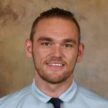 Nathan Basisty NIH Distinguished Scholar & Tenure Track Investigator at NIA (NIH)
Nathan Basisty NIH Distinguished Scholar & Tenure Track Investigator at NIA (NIH)NIA, one of the 27 Institutes of NIH, leads the federal government in conducting and supporting research on aging and the health and well-being of older people. The Institute seeks to understand the nature of aging and the aging process, and diseases and conditions associated with growing older, in order to extend the healthy, active years of life. More here
Two of my major accomplishments: 1) working with early career researchers (ECRs) in the research community to provide opportunities for growth and professional development to the next generation of researchers. Notably, as a founding member of the US Human Proteome Early Career Researcher Committee and as Co-Organizer of US HUPO Conference in 2024, I organize many events to connect ECRs with important opportunities and resources. 2) My research accomplishments are centered in the area of geroproteomics – developing and applying proteomic approaches to develop translationally and clinically relevant biomarkers of aging and senescence in humans, and enabling others to do so. Additionally, my lab develops new tools that enable the research community to study the role of protein turnover in vivo in aging studies.
My future goal is to bring proteomics to center stage in the aging research community, and employ the emerging technologies in the proteomics field to enable the discovery and biomarkers and therapeutic targets for the diseases of aging.
-
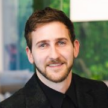 Roman Camarda Senior Associate, Novo Holdings Venture Investments
Roman Camarda Senior Associate, Novo Holdings Venture InvestmentsNHVI is one of seven investment arms underneath Novo Holdings, the sole asset manager of the Novo Nordisk Foundation, the world’s largest foundation in terms of assets under management (>$100B) and one of the largest in terms of philanthropic dollars put to work each year (>$1B). NHVI’s mission is to support NNF by investing in companies that develop innovative drugs, medical devices and diagnostics. We focus on generating strong financial returns from our portfolio of venture companies. We invest in both private and public companies from an open evergreen fund. This funding structure enables us to take a long-term perspective. We work actively with the companies we invest in by serving on the Boards of Directors. Companies can also draw on our extensive network, as well as our commercial and scientific expertise within the life sciences.
My accomplishments include contributing to the formation of two biotech companies while at the Buck (Napa Therapeutics, BHB Therapeutics), contributing to several successful investments while on the investment team of Aquilo Capital Management, and contributing to the management and diligence of current and prospective portfolio companies while on the investment team of NHVI.
My future direction is to strive to contribute meaningfully to the translation of scientific ideas into therapeutic modalities that benefit patients via the management of current NHVI portfolio companies, as well as the sourcing and diligence of prospective NHVI investments.
-
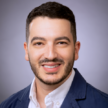 Elie Maksoud Director of Educator Partnerships & Marketing, Science Communication Lab
Elie Maksoud Director of Educator Partnerships & Marketing, Science Communication LabMission at SCL: ElieMaksoud, Ph.D., MBA, is an accomplished business professional & scientist with expertise in neuroscience, marketing, business development, and leadership. As the Director of Educator Partnerships & Marketing at Science Communication Lab (SCL), he has demonstrated his ability to drive go-to-market strategies, leverage data-driven marketing techniques, and establish and optimize customer relationship management for long-term business growth.
Major Accomplishments: I am a published scientist in the fields of neuroscience and education. As a first-generation Ph.D., award-winning business professional, and immigrant, I bring a unique perspective, unwavering determination, and a commitment to challenging what is possible. These qualities make me a valuable asset for organizations seeking a dynamic leader who can unlock the full potential of teams and individuals.
Future Directions: My educational background includes an Executive MBA from the University of Denver, Daniels College of Business, and a Ph.D. in Neurobiology from the University of Strasbourg. Fluent in English, French, and Arabic, I can bridge the worlds of science and business, navigate diverse environments, and communicate effectively across cultures, further solidifying my qualifications. With a passion for pushing boundaries and supporting future generations, I am eager to bring my wealth of experience, creativity, and commitment to excellence to organizations that value innovation, growth, and positive impact.
-
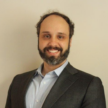 Kenny Wilson, PhD VITAL Research Symposium Chair
Kenny Wilson, PhD VITAL Research Symposium Chair -
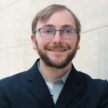 Tyler Hilsabeck, PhD Keynote Speaker Selection Committee
Tyler Hilsabeck, PhD Keynote Speaker Selection Committee -
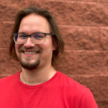 Jordan B. Burton, PhD Postdoctoral Research Talks Selection Committee
Jordan B. Burton, PhD Postdoctoral Research Talks Selection Committee -
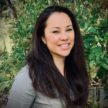 Kiyomi Kaneshiro, PhD Poster Presentation Selection Committee
Kiyomi Kaneshiro, PhD Poster Presentation Selection Committee -
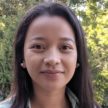 Kristeen Pareja-Navarro, PhD Life-Support Committee
Kristeen Pareja-Navarro, PhD Life-Support Committee -
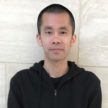 Mitsu Nomura, PhD Sponsorship Cultivation Committee
Mitsu Nomura, PhD Sponsorship Cultivation Committee -
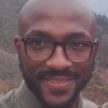 Kizito-Tshitoko Tshilenge, PhD Alumni Panel Selection Committee
Kizito-Tshitoko Tshilenge, PhD Alumni Panel Selection Committee -
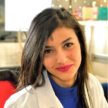 Olfat Malak, PhD VITAL Swag Committee
Olfat Malak, PhD VITAL Swag Committee
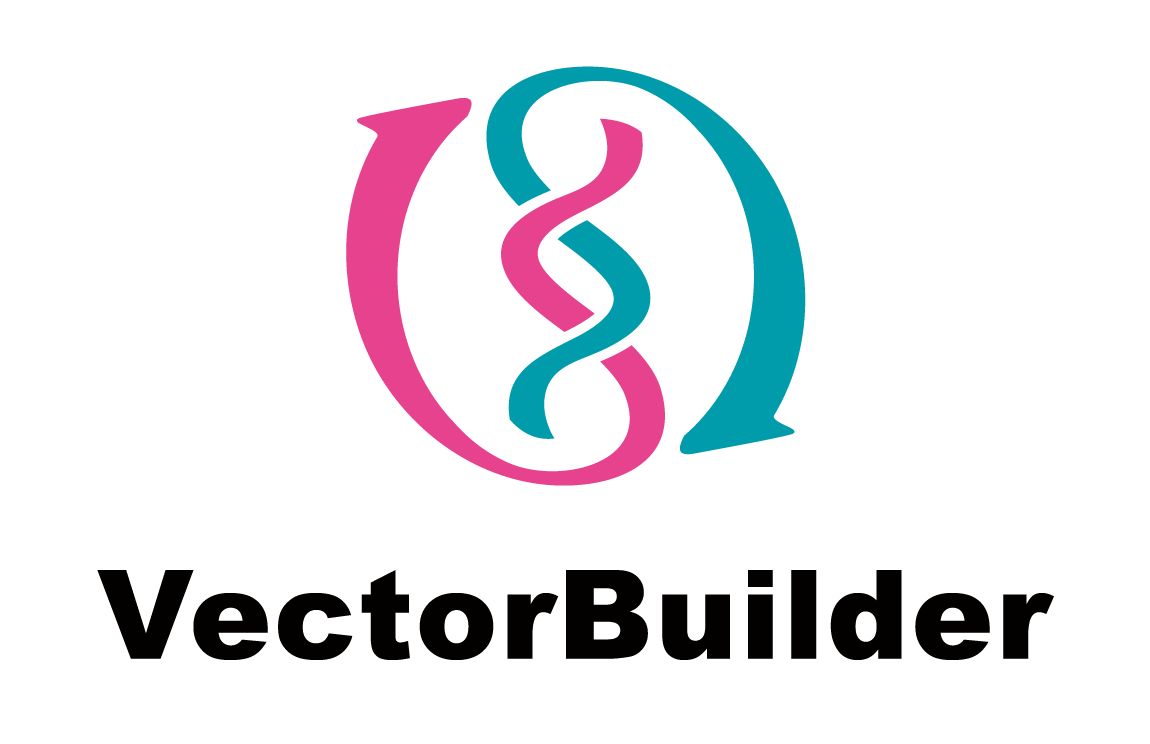 |
 |
 |
 |
Become a Sponsor!
For sponsor registration and donation, click here.
Thank you for your interest in supporting the postdoctoral researchers at the Buck Institute for Research on Aging!
